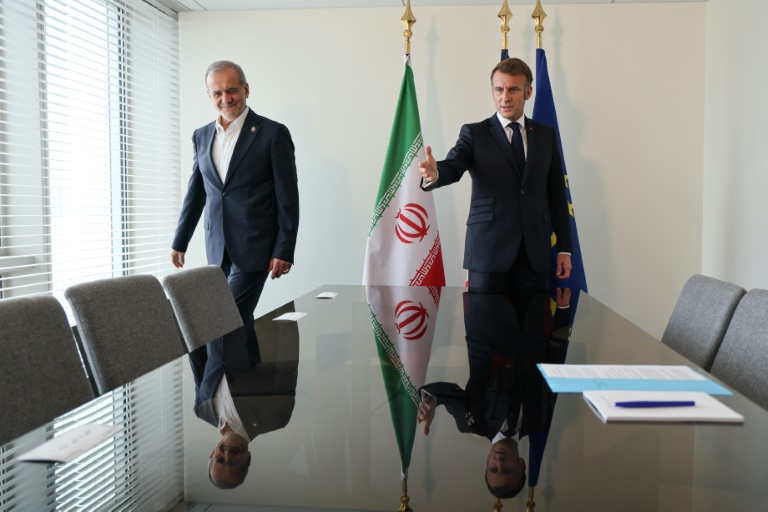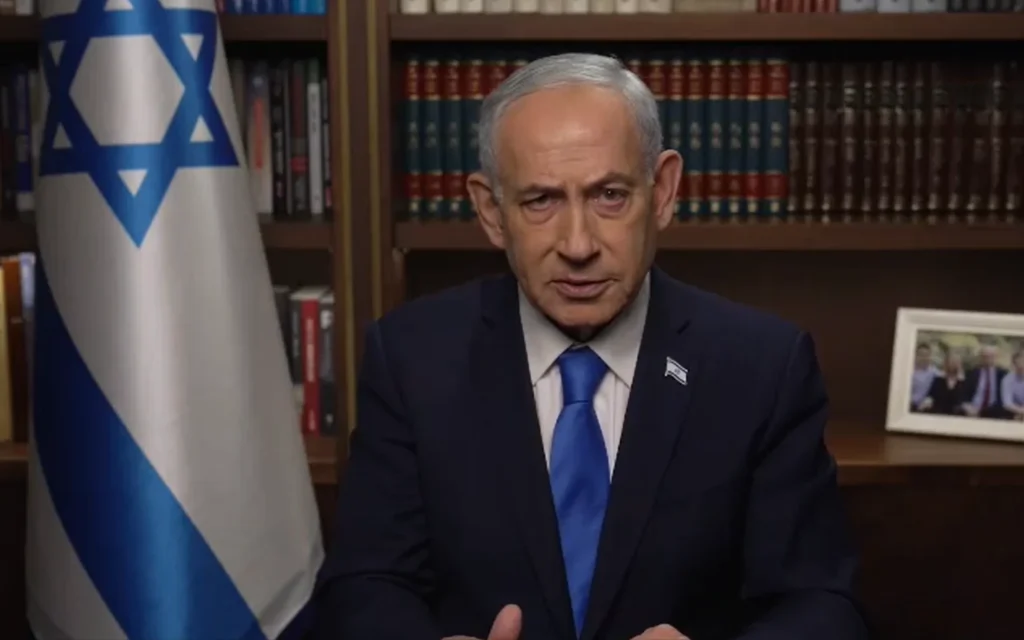
The United Nations is poised to reinstate sanctions against Iran for the first time in a decade after nuclear negotiations with Western powers ended without agreement. The sanctions are set to take effect at midnight GMT on Saturday, following an unsuccessful push by Russia and China to postpone their implementation until April.
Iranian President Masoud Pezeshkian criticized the United States for offering what he described as an unacceptable deal: a three-month respite from sanctions in exchange for the full surrender of Iran’s stockpile of enriched uranium. Speaking to reporters in New York, Pezeshkian stated, “This is by no means acceptable.” He highlighted previous proposals from France, which offered only a one-month delay, questioning why Iran would agree to such terms and accusing the United States of pressuring European nations against compromise.
The backdrop to these developments is the 2015 nuclear deal, which had previously frozen UN sanctions in return for restrictions on Iran’s nuclear activities. European powers initiated the “snapback” mechanism a month ago, citing Iran’s non-compliance with its obligations under the agreement. Although Iran has allowed inspectors back into some of its nuclear facilities, the progress was deemed insufficient by Western governments.
The sanctions will restore a global ban on transactions with individuals and organizations involved in Iran’s nuclear and ballistic missile programs. The renewed restrictions come as Iran’s economy is already under pressure, with rising inflation and a struggling currency. An Iranian engineer, who preferred to be identified as Dariush, expressed concern about the worsening economic situation, stating, “The impact of the renewed sanctions is already evident: the exchange rate is increasing, and this is leading to higher prices.” As of Saturday, the dollar was trading at approximately 1.12 million rials on the black market, marking a record high.
Despite the impending sanctions, there are questions about the global enforcement of these measures. Russia’s Deputy Ambassador Dmitry Polyansky declared the renewed sanctions “null and void,” reflecting his country’s stance against them. Both Russia and China had sought to delay the sanctions but failed to secure enough votes within the Security Council.
The International Crisis Group suggested that Iran appears to have adapted to existing sanctions, indicating that the snapback mechanism could complicate an already challenging economic climate. The think tank noted that reversing these sanctions would require consensus at the Security Council.
In a recent address to the UN General Assembly, Israeli Prime Minister Benjamin Netanyahu urged for no delay in reinstating sanctions, hinting that Israel was prepared to take further military action following a series of bombings in June that Iranian authorities claim resulted in over 1,000 casualties.
As the situation unfolds, the implications of these sanctions are likely to resonate deeply within Iran and across the international community, highlighting the continued tensions surrounding the nation’s nuclear ambitions and geopolitical relationships.






